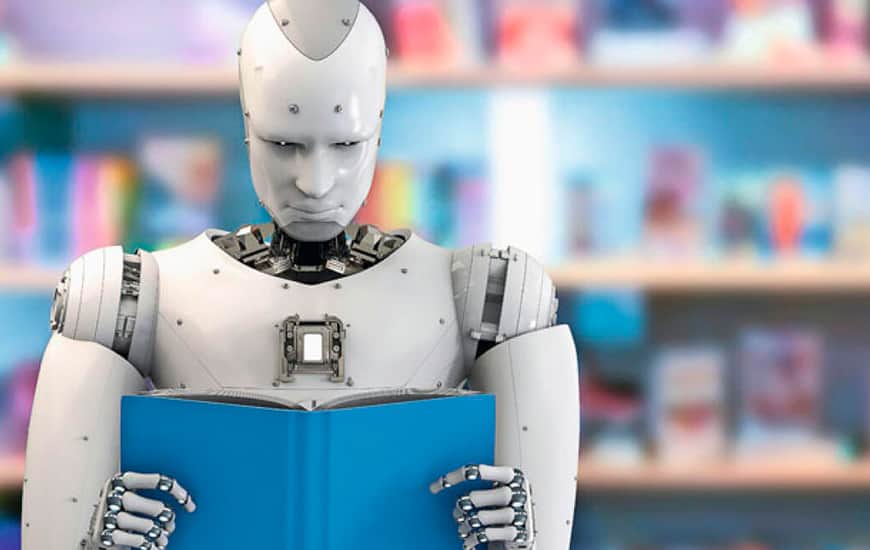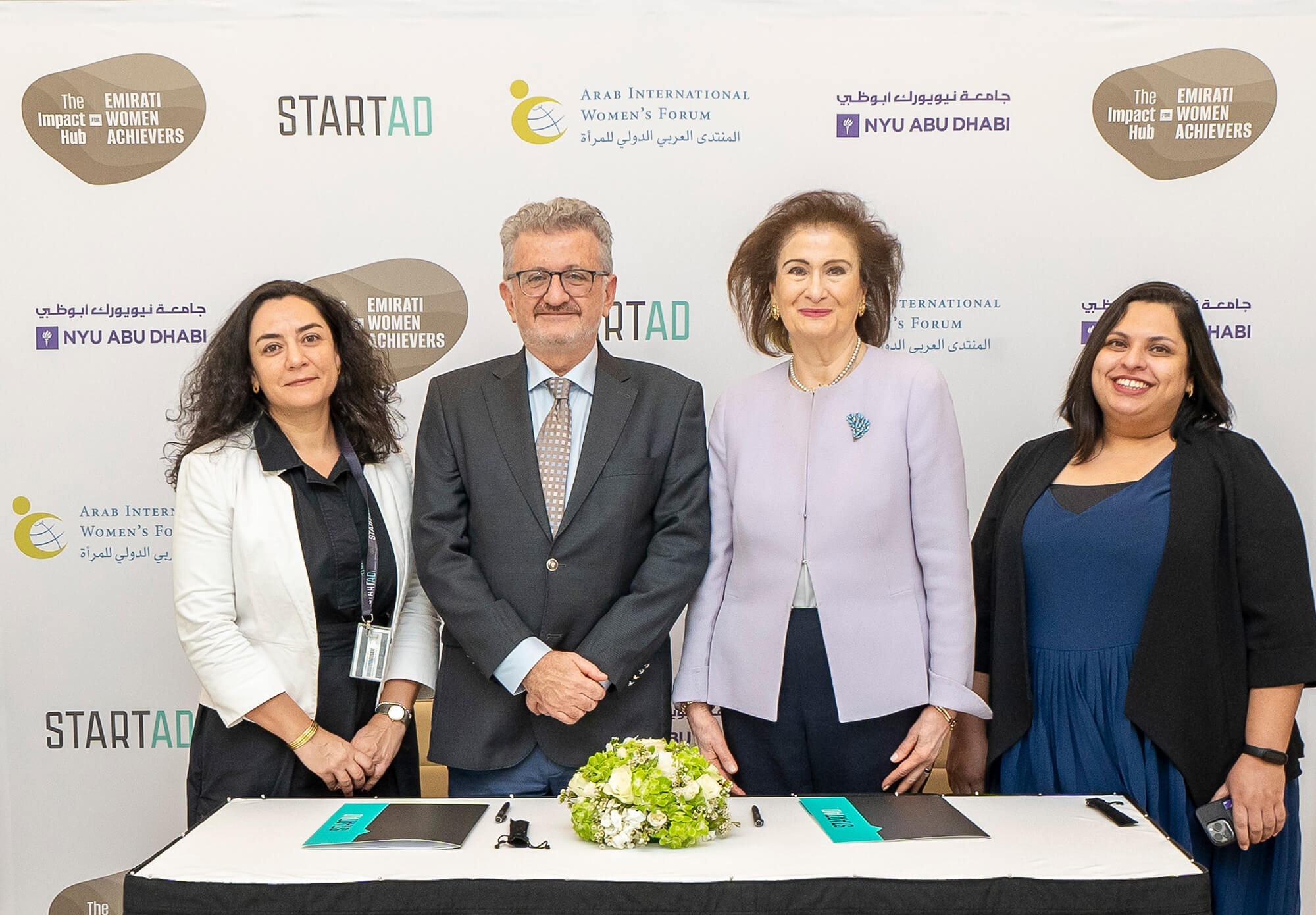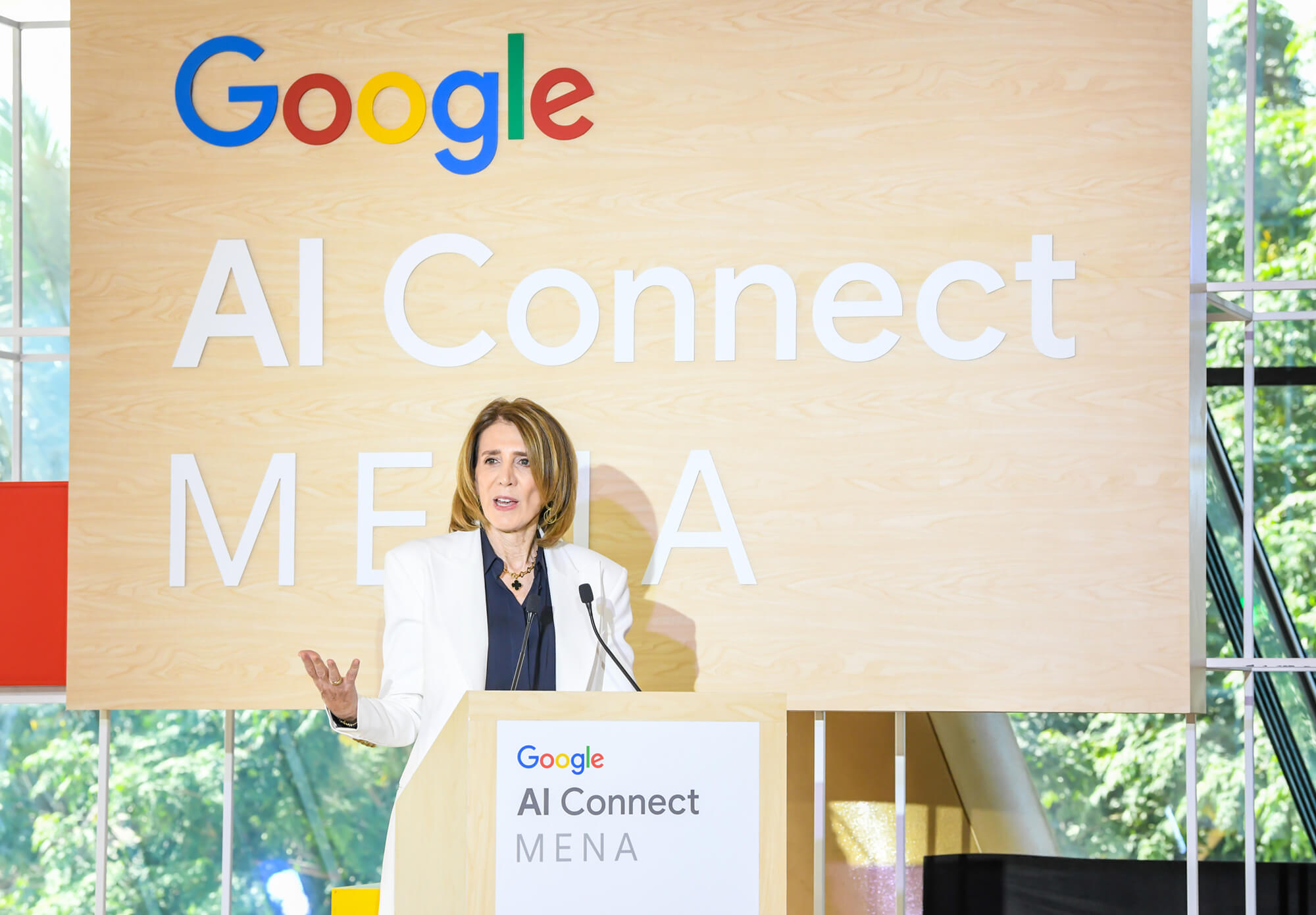
Making a case for artificial intelligence giving traditional methods of learning a refreshing makeover
As new technologies have emerged over the years, ‘technophobia’ has remained a well-trodden path of public debate throughout modern history. For example, when the first cars emerged on the US market around the early 20th century, the Farmers’ Anti-Automobile Society of Pennsylvania proposed amendments to legislation, including that drivers should entirely dismantle and conceal their cars in nearby bushes, were a horse unwilling to pass by. At the other end of the 20th century, when computers continued to gain popularity, another inevitable technological rise met resistance amongst fears that computers would lead to unemployment.
With hindsight, we can clearly see the huge socio-economic progress that has come about as a result of these technologies. Far from slashing employment and damaging job markets around the world, the creation of personal computers has led to millions of new jobs. These days, we find ourselves at the dawn of deep learning and the age of Artificial Intelligence (AI), which conjures up similar fears over employment and economic impact. As we continue through the fourth industrial revolution, it is important to learn from the three previous phases of technological progress.
At each stage, populations became better educated, embraced new technologies and used them to benefit society. As such, deep learning is now being harnessed by entrepreneurs to convert algorithms into sustainable businesses. Access to big data, cheap computer power and an army of good coders will expedite these real-world applications, as well as the socio-economic adjustments and education requirements that will accompany them.
After World War II, only one-third of the US population had high school education. Now, almost 90 per cent have a high school diploma. The number of Americans with a four-year college degree has increased from 5 per cent to 33 per cent. However, when you compare this to a global population of 7.2 billion, only 425 million have a four-year college degree – a mere 7 per cent. In fact, more than 4 billion people who are over 25 years do not have a college degree. While these rates are inadequate for today’s climate, such figures will be insufficient in the fourth industrial revolution. The current educational system was created in medieval times in the West for a small and localised population, catering to a select group of high achievers. With this in mind, some question its relevance and are in support of the development of a diverse global knowledge economy.
Broader access to education is now possible, with a potentially unlimited student intake capacity. When a Stanford University professor founded Udacity, opening up its ‘Introduction to Artificial Intelligence’ course to the world online, a total of 160,000 people registered for the class – up from the usual 200 students. Participants translated the class for free into 44 languages, providing customised individual education.
This is not an anomaly. Khan Academy, with its slogan of “free, world-class education for anyone, anywhere,” has delivered almost a billion lessons, solved more than six billion problems, and is available in 190 countries. Forty eight million registered users access Khan Academy in dozens of languages. According to a PwC report, AI could contribute as much as a 14 per cent boost in global GDP by 2030, equivalent to $15.7 trillion. While there is an ongoing debate about the impact of AI on society, it is conceivable that AI-driven education programmes would democratise education. For the last two centuries, the world experienced a great expansion in learning – global literacy rates skyrocketed from 12 to 88 per cent. However, the way we teach has not changed. While education access is beginning to be modernised, content delivery must also adapt. Here, AI can provide a range of solutions.
Entrepreneur and technology writer Lucas Rizzotto summarised areas that AI can positively impact in terms of personalised and experiential learning. While personalised learning processes exist today, they require significantly more teachers and much more time. AI can cater to individual requirements and achieve results in this field at scale and low cost. For example, almost all coding lessons require an elementary knowledge of the English language, but 80 per cent of the world population – some six billion people – has little or no proficiency in English. To address this problem, Codecademy, an NYC-based start-up, has created a text-based instruction platform in several languages, allowing students to choose the language of instruction at any stage in the learning process. In principle, such AI-enabled coding platforms could evaluate the level of challenge per user and continuously switch their learning language, customising to each student’s learning ability.
Experiential learning projects are already wielding cutting-edge technologies for educational purposes too. Rizzotto cites the example of a start-up called ‘The Body VR’ that uses virtual reality to take biology and medical students on a journey through the human body, allowing them to interact with organs, blood vessels and cells for a truly immersive educational experience. He further discusses interesting applications that have been conceptualised, including tracking students’ eye pupils to access the emotional profile of students in real time. This could even go as far as predicting their actions, questioning the very concept of tests and exams. Indeed, if you can read a student’s mind, there is no need for a final exam.
Taken together, such applications of AI stand to overhaul an outdated education system. In its place would be a focus on life-long learning. We would see fit-for-purpose education programmes – designed by, and delivered through, new technologies – that allow all populations to meet their potential.




